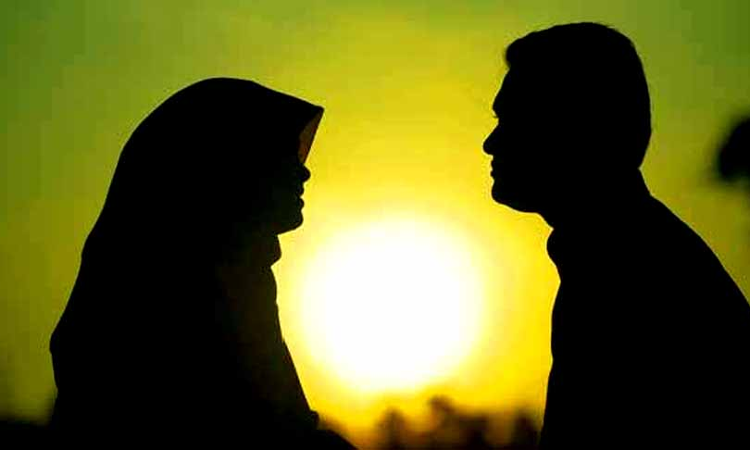SC Issues Notice On Another Plea Challenging Criminalization Of Triple Talaq
LIVELAW NEWS NETWORK
14 Sept 2019 2:40 PM IST

Next Story
14 Sept 2019 2:40 PM IST
The Bench of Justices N. V. Ramana, Indira Banerjee and Ajay Rastogi of the Supreme Court on Friday issued a notice in another petition challenging the constitutional validity of the law criminalizing Triple Talaq. Last month, the Court had issued notice in three petitions, filed by Samastha Kerala Jamiathul Ulema, Jamiat Ulama-i-Hind and Amir Rashadi Madni, challenging the...
